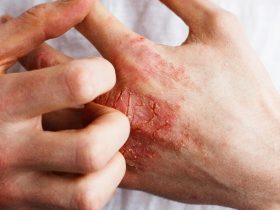However, authors say more studies are needed to quantify magnitude of risk
By Lori Solomon HealthDay Reporter
THURSDAY, Aug. 3, 2023 (HealthDay News) — There is a higher risk for criminal behavior in adulthood when an individual is exposed to lead in utero or in the early years of childhood, according to a review published online Aug. 1 in PLOS Global Public Health.
Maria Jose Talayero, M.D., from George Washington University in Washington, D.C., and colleagues conducted a systematic literature review to explore the effect of lead exposure on criminal behavior at the individual level. A total of 17 manuscripts representing 13 studies around the globe were included in the analysis.
The researchers found a wide range of diverse outcomes between exposure to lead at multiple windows of development and later delinquent, criminal, and antisocial behavior. However, more evidence is necessary to evaluate the magnitude of the associations identified in this review because data at the individual level are limited on the effects of prenatal, childhood, and adolescent lead exposure and later criminal behavior.
“Policy action to prevent lead exposure is of utmost importance as our research shows an excess risk for criminal behavior in adulthood exists when an individual is exposed to lead in utero or during childhood,” the authors write. “Preventing lead exposure is crucial to safeguard public health and promote a safer society for all.”
Copyright © 2023 HealthDay. All rights reserved.







